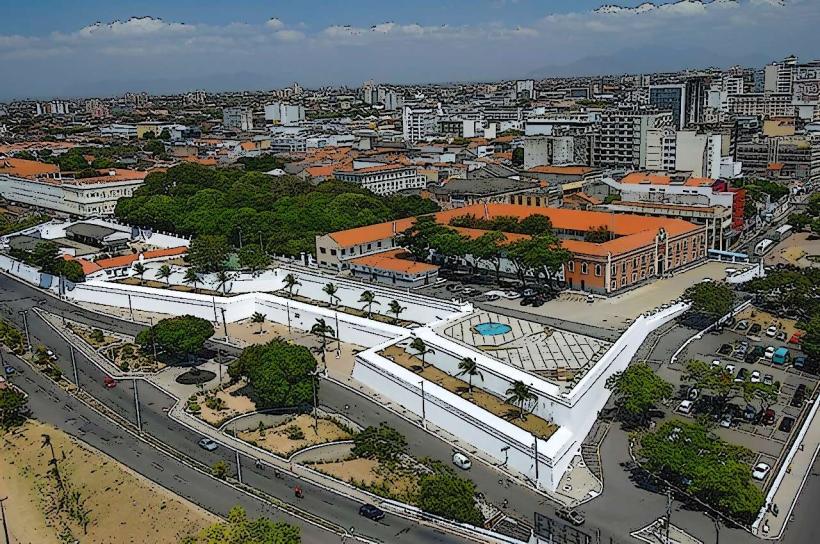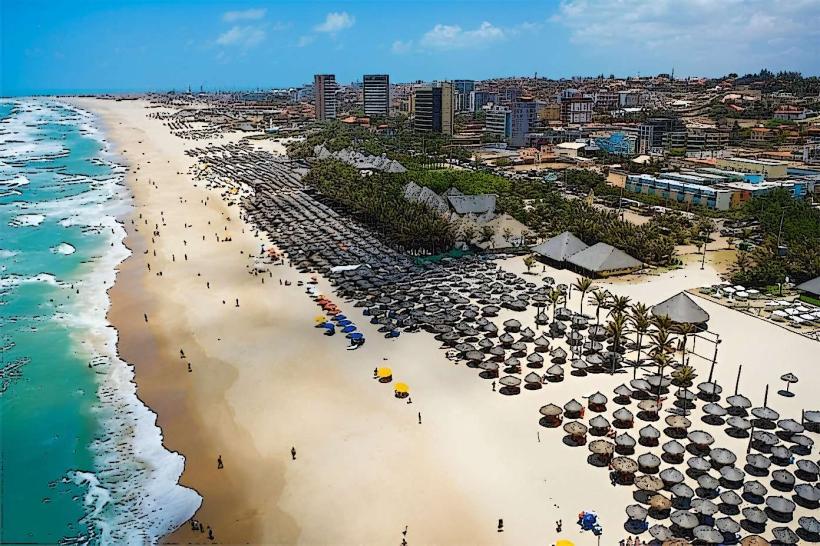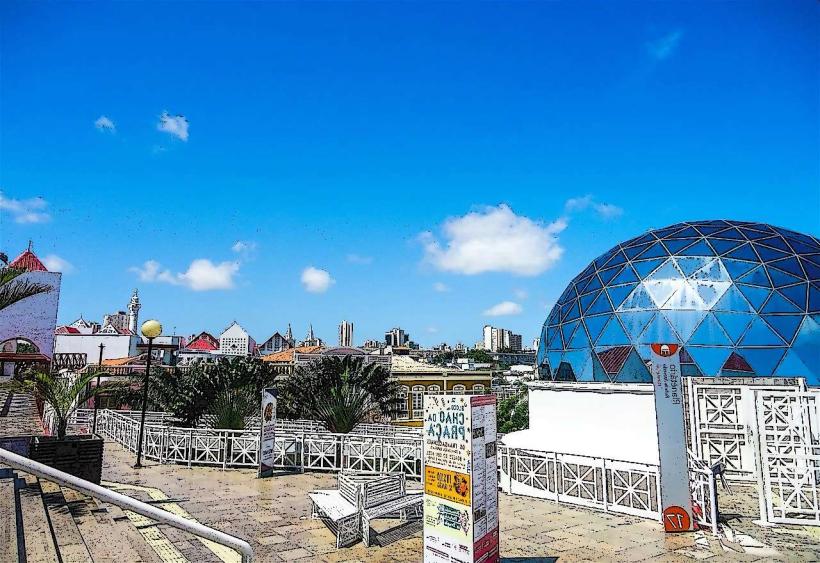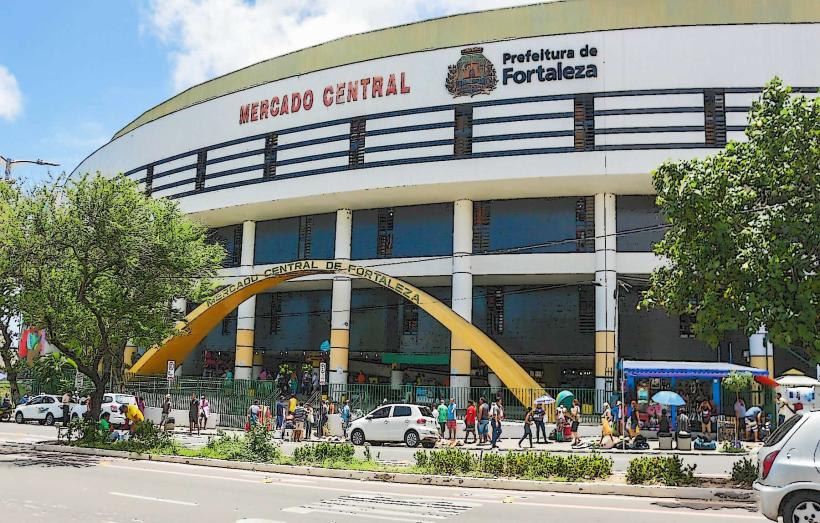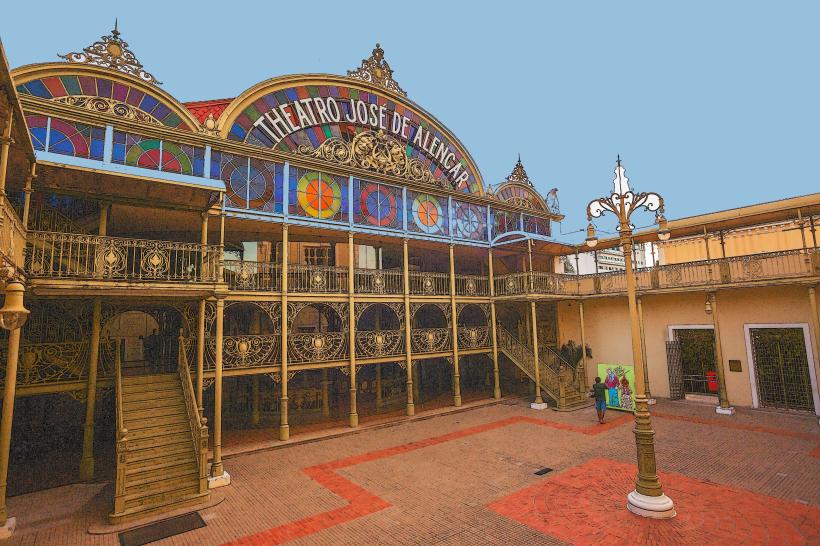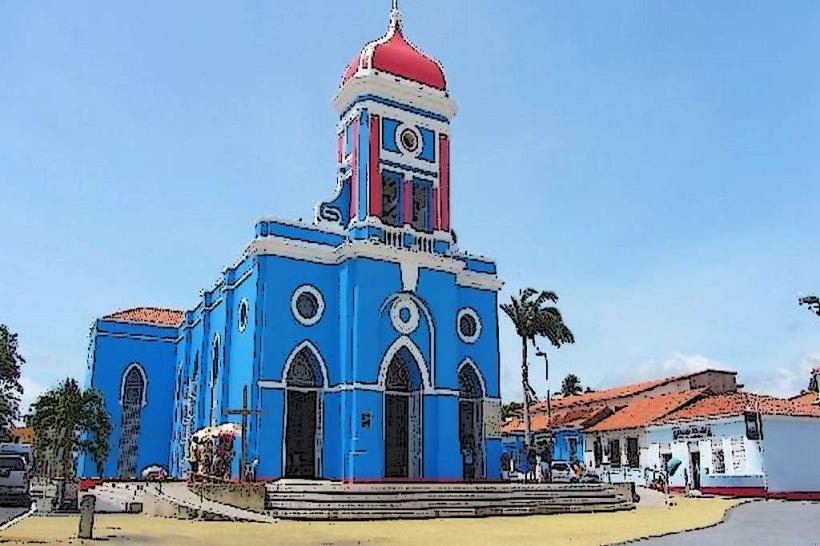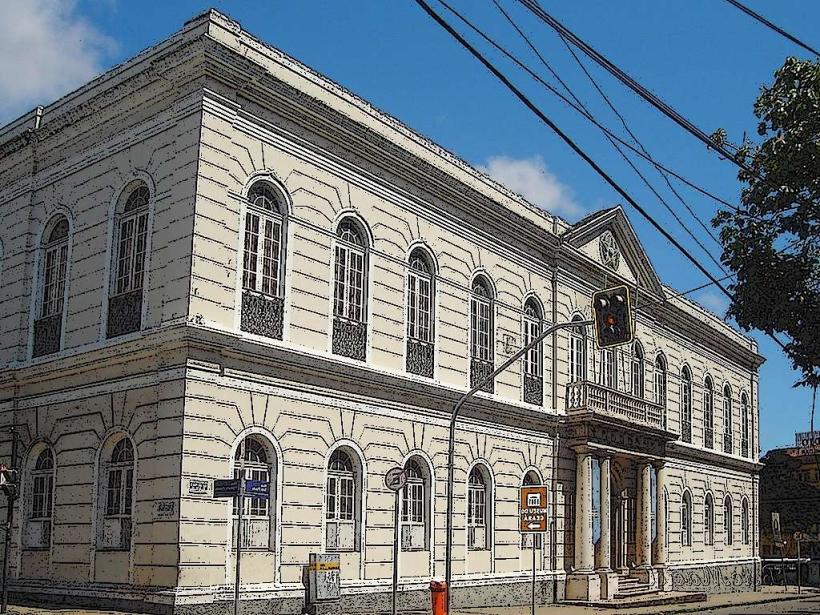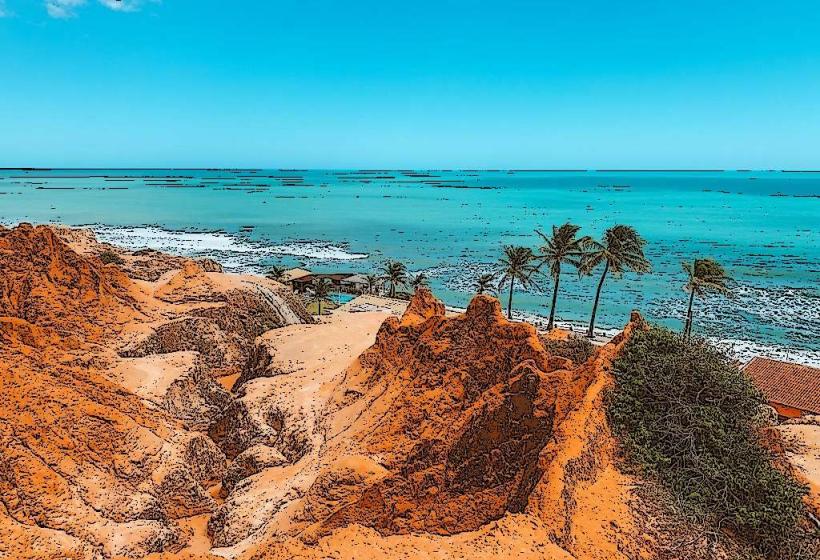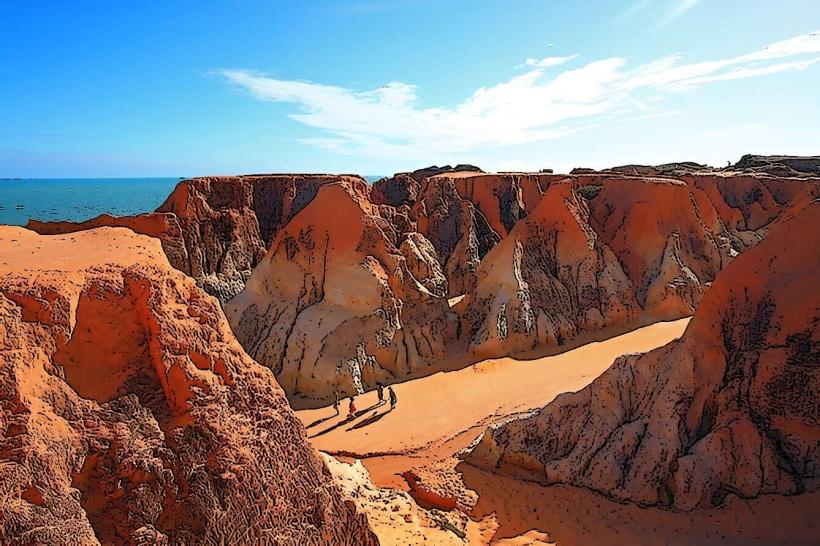Information
City: FortalezaCountry: Brazil
Continent: South America
Fortaleza, Brazil, South America
Fortaleza serves as the primary economic engine of Northeast Brazil and the capital of the state of Ceará. It is situated on the Atlantic coast and is the closest major Brazilian city to Europe.
Historical Timeline
The city's origins date to 1649, when the Dutch founded Forte Schoonenborch. After the Portuguese reclaimed the territory in 1654, they renamed the fortification Fortaleza de Nossa Senhora da Assunção, which gave the city its name. It officially attained city status in 1823. Throughout the 20th century, Fortaleza transitioned from a regional trading post into a major industrial and tourism hub. In 2024, it surpassed Salvador to become the 4th largest city in Brazil by population.
Demographics & Population
The metropolitan population is approximately 4.32 million as of 2026, with the municipality itself housing roughly 2.57 million people. It is the wealthiest city in the Northeast by GDP. The demographic profile is primarily Pardo (Multiracial, 60%), White (32.7%), and Black (7%). The population density is one of the highest in Brazil, exceeding 8,600 persons per $km^2$.
Urban Layout & Key Districts
Meireles / Mucuripe: The upscale coastal districts containing the majority of hotels, the fish market, and the Beira-Mar promenade.
Praia de Iracema: The bohemian heart of the city, known for nightlife and the Dragão do Mar Cultural Center.
Aldeota: The central business and upscale residential district, known for shopping malls and high-rise offices.
Praia do Futuro: A 8 km stretch of beach dominated by "megabarracas" (massive beach clubs).
Centro: The historic commercial core housing the Metropolitan Cathedral and Central Market.
Top City Landmarks
Dragão do Mar Center of Art and Culture: A massive complex housing museums, a planetarium, and cinemas.
Metropolitan Cathedral of St. Joseph: A monumental Gothic-revival structure that is one of Brazil's largest churches.
Theatro José de Alencar: An iconic Art Nouveau theater opened in 1910.
Mercado Central: A multi-story market specializing in lace, hammocks, and regional handicrafts.
Iracema Statue: A landmark dedicated to the heroine of José de Alencar’s classic novel.
Transportation Network
Metrofor: A three-line system (two commuter, one light rail) currently undergoing modernization.
Bus & BRT: An extensive network of over 111 km of dedicated bus lanes. All city buses are equipped with air conditioning and Wi-Fi.
Bicicletar: One of Brazil’s most successful bike-sharing programs with over 80 stations.
Air: Pinto Martins International Airport (FOR) is a major hub connecting the Northeast to Europe and North America.
Ride-sharing: Uber and 99 are the standard; walking between distant districts is not recommended.
Safety & "Red Zones"
Fortaleza has high rates of urban crime; vigilance is mandatory.
Red Zones: Avoid entering informal housing (favelas) and the historic Centro after business hours.
Precautions: Do not walk on the urban beaches (Iracema, Meireles) at night. Keep smartphones and jewelry out of sight while walking in public. Use ride-sharing apps rather than hailing taxis on the street.
Digital & Financial Infrastructure
Average internet speed is 100 Mbps. 5G is available across the coastal and central corridors. The Pix system is used for nearly all transactions, from street vendors to high-end restaurants. Card acceptance is universal. ATMs are concentrated in the shopping malls of Aldeota and Meireles.
Climate & Air Quality
Tropical wet and dry climate. Temperatures are consistently high, ranging from 24°C to 31°C. The rainy season occurs from January to July. Air quality is generally "Good" due to constant trade winds from the Atlantic, which also mitigate the humidity.
Culture & Social Norms
The city is famous for Forró music and dance. Tipping is typically a 10% service charge on bills. A unique social norm is the Quinta do Caranguejo (Crab Thursday), where residents gather at beach clubs in Praia do Futuro to eat crab. Humor is a central part of the local identity; Ceará is known as the "Land of Humorists" in Brazil.
Accommodation Zones
Meireles: Recommended for the best balance of safety, dining, and infrastructure.
Praia de Iracema: Recommended for those seeking a younger, bohemian atmosphere.
Local Cost Index
1 Espresso: 12.00 BRL ($2.15)
1 Standard Lunch (PF - Prato Feito): 35.00 BRL ($6.35)
1 Taxi/Uber (5km): 25.00 BRL ($4.55)
Nearby Day Trips
Beach Park: One of the world's largest water parks, located in Aquiraz (25 km).
Cumbuco: Famous for sand dunes and kitesurfing (30 km).
Canoa Quebrada: A scenic beach town known for red cliffs (160 km).
Facts & Legends
A prominent legend involves the "Lighthouse of Mucuripe," where ghosts of shipwrecked sailors are said to appear during stormy nights. A verified historical oddity is that Fortaleza was the first place in Brazil to abolish slavery (in 1884, four years before the national decree), earning the title "Terra da Luz" (Land of Light). Another fact: the city’s Beach Park is home to "Insano," a water slide that was once the world's highest, equivalent to a 14-story building.

